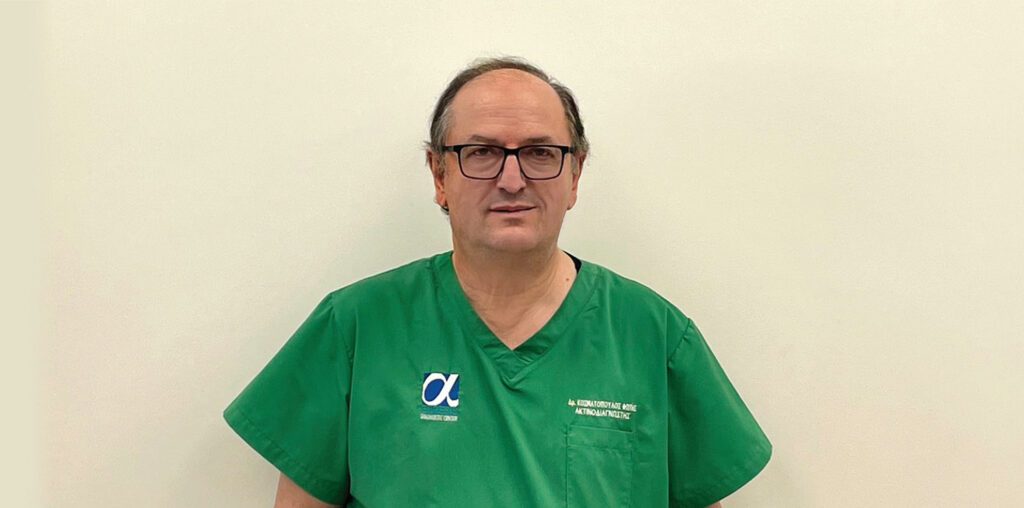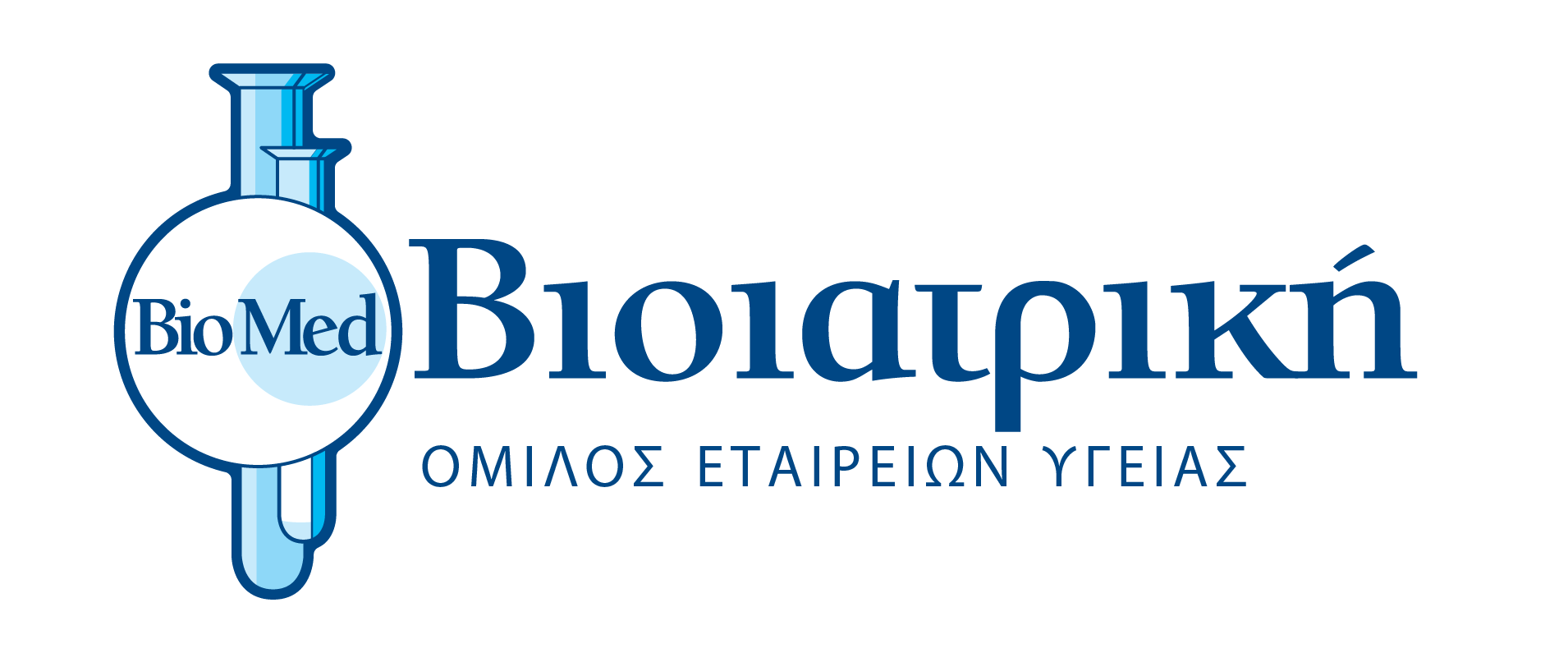
by Dr. Fotis Kosmatopoulos
- An easy, quick, and painless examination which, under certain conditions, can replace the invasive method of liver biopsy.
Liver elastography (fibroscan) is a non-invasive method for the evaluation of liver fibrosis and an extremely useful tool for hepatologists worldwide. Fibroscan is a painless procedure for quantifying liver stiffness associated with the degree of hepatic fibrosis, without the patient having to follow the invasive biopsy method. It is mainly recommended for the initial assessment of fibrosis in patients who are not under treatment.
The Fibroscan device is a specialized computer, equipped with an electronic system for transmitting and receiving ultrasounds, vibration commands and signal analysis. Its transducer is used to transmit and receive ultrasounds. Medium-amplitude and low-frequency vibrations are transmitted from the vibration system to the tissues via the probe creating an elastic (vibration or shear) wave that propagates through the tissues. At the same time the sound follows the wave sequence and determines its velocity, which is correlated to the elasticity of the liver tissue. The stiffer the tissue, the bigger the velocity. Since fibrous tissue is harder than normal liver, the degree of hepatic fibrosis can be inferred from the liver hardness. The results are expressed in kilopascals (kPa).
It is a simple test that does not require any preparation from the patient. The doctor applies gel on the tip of the transducer and places it on the patient’s skin, between the ribs, aiming at the right lobe, in the middle of the parenchyma. The tip of the transducer is placed on a part of the liver that is at least 6 cm thick and is free of large vascular structures. The measurements are taken 25-65 millimeters from the surface of the skin.
Advantages
It is an easy, painless, and quick examination with extremely brief time for each measurement (one second), immediate results, and excellent reproducibility. Additionally, the examination is 100 times more efficient than the biopsy as 10 successful measurements can be obtained at the same spot, while unreliable measurements are rejected by the machine. The examination is covered by the GESY.
Contraindications
Fibroscan is not recommended for all patients. There are technical limitations, such as the existence of ascites (accumulation of a pathological amount of fluid in the abdomen), obesity, and narrow intercostal spaces. Hepatic elastography is not efficient in the diagnosis of cirrhosis/fibrosis in patients with acute liver injury, however, it can be used to monitor the progression of the injury. Furthermore, it is not suitable for pregnant women and individuals with a pacemaker.
Patients suffering from chronic liver disease, such as chronic hepatitis (including B, C, and autoimmune), alcoholic hepatitis, hepatitis due to diabetes and other causes, drug-induced hepatitis, hemochromatosis and more, are particularly important to be screened before developing cirrhosis of the liver, so that appropriate therapeutic measures are taken immediately and preventively.
*Special Radiologist at Alpha Evresis Diagnostic Center member of BIOIATRIKI Healthcare Group









